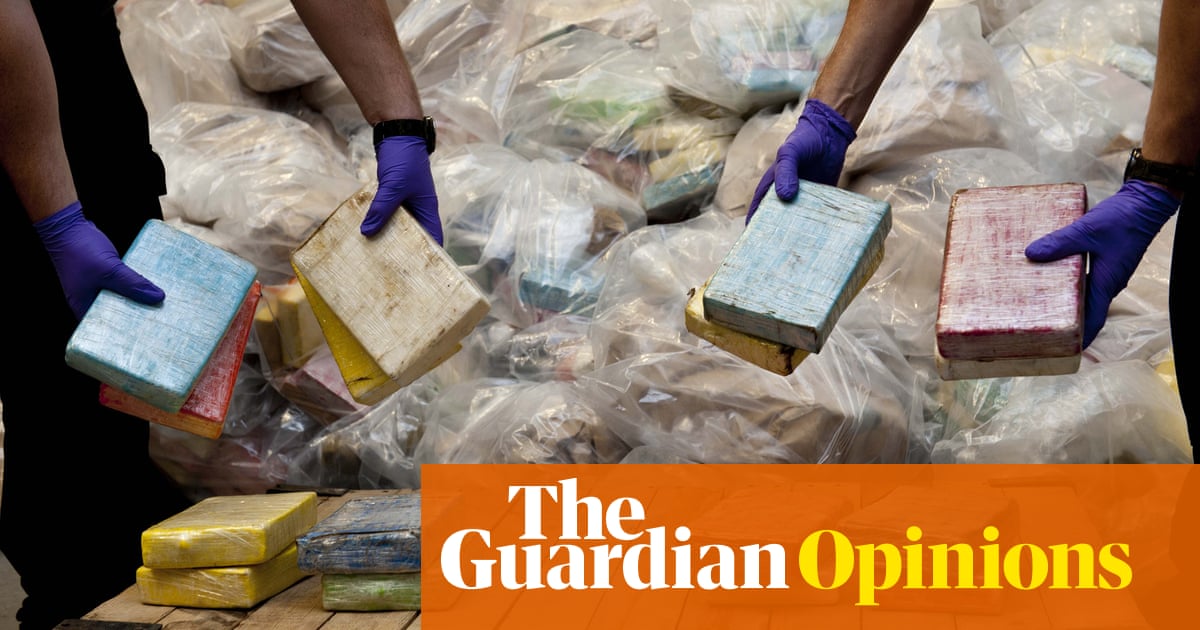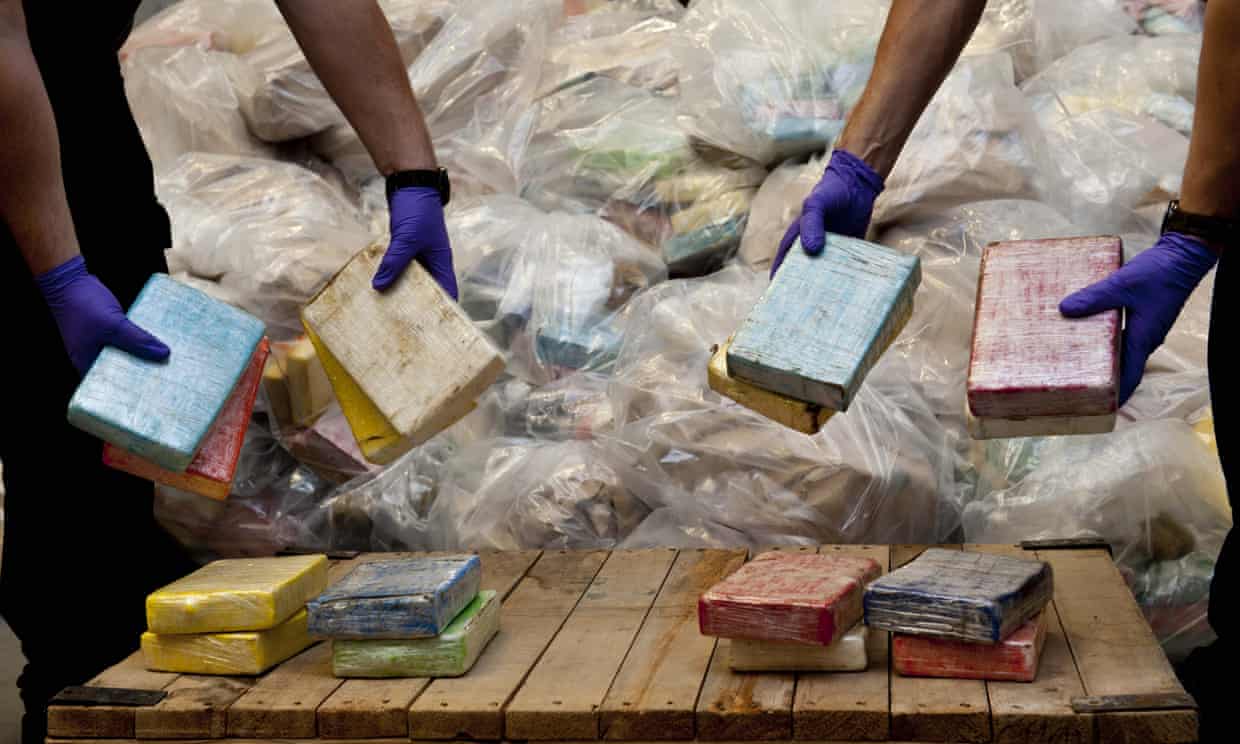The Guardian view on drug policy: rethink it without taboos


Much of the harm caused by illegal drugs is caused by their illegality. Prohibition helps to turn users into criminals, and the justice system is poorly equipped to help addicts recover. This is not a controversial opinion in the fields of public health and policing – services on the frontline of the problem – but it is far from orthodoxy in Westminster.
Many politicians still yield to taboos around liberal drug laws, even as social norms change and the failure of punitive methods becomes harder to ignore.
So it is heartening that a cross-party group of MPs has taken a significant step towards a more informed debate. The report by the Commons health and social care committee starts from the premise that addicts are not wicked people and that resources are most efficiently deployed aiding their recovery. Public Health England, a government agency, estimates that every £1 spent on drug and alcohol treatment saves £4 from the expense that untreated addiction causes.
A shift away from criminalisation does not have to absolve addicts of responsibility. Crimes committed in pursuit of a fix cannot be excused. Victims are no less entitled to justice. Leniency at the retail end of the market could empower gangsters higher up the drug supply chain where serious violent offences abound. In theory, police resources could be retargeted at the big players. In practice, a more tolerant drug policy environment could legitimise use and boost demand – for which villains provide the supply.
A compassionate attitude towards people whose lives are ruined by drugs is not the same as a permissive attitude to recreational use, although the two issues can be hard to separate. The committee’s focus is not on the lucky dabblers who escape from drug experimentation unscathed. Their experience is often a function of social privilege. Affluent white users enjoy a tacit licence to flirt with drugs that is not available to black men, who are likelier to face the stiffest penalties.
But unequal application of the law is a problem distinct from the immediate emergency: an epidemic of drug-related deaths. In England, there were 2,670 deaths directly attributable to drugs last year – up 16% from 2017. The committee notes that the figure would be much higher if fatalities where drugs are a secondary factor were included.
Few European countries have a worse record and some have pioneered policies that divert drug users away from the police. Initial controversy around Portuguese decriminalisation, for example, has given way to a political consensus in favour. Likewise an experiment in prioritising rehabilitation in Frankfurt saw a measurable fall in drug-related crime compared with neighbouring regions. But Frankfurt’s efforts were well-funded. In the UK many addicts rely on programmes dependent on shrunken public health budgets. Treatment services have faced cuts of 27% over the past three years. Poor resourcing provokes a costly vicious cycle: drug users turn to crime; criminality hardens users.
It is easier to find faults with prohibition than to design a better model. But there is now a compelling case to treat drug use as a public health problem, not a mess for the police to clear up. MPs are understandably cautious about decriminalisation of possession for personal use. The Commons committee recommends only that government consult on the matter. It is the right question for politicians to be asking, and vital that they keep an open mind when looking for answers.
 Pathways Drug Rehabilitation Luxury Addiction Treatment & Detox Center
Pathways Drug Rehabilitation Luxury Addiction Treatment & Detox Center


